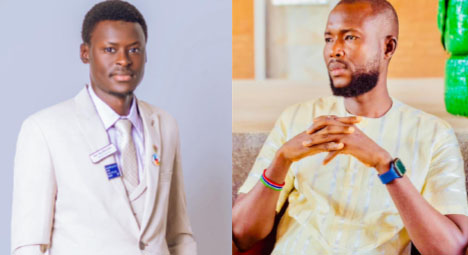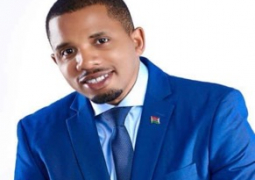
They emphasised the importance of broader public consultation and careful scrutiny of the draft constitution before fully endorsing the document, ensuring it reflects the diverse voices and needs of Gambians.
Hon. Modou Lamin B. Bah, representing Banjul North Constituency, welcomes the new draft constitution but stresses the need for extensive public engagement before it is finalised.
He acknowledges that while the draft is promising, it must truly embody the aspirations of all Gambians. “The constitution should be the people’s book, shaped by input from citizens across the nation,” he notes. Although he recognizes some alterations in the current draft, he highlights the necessity of considering voices from every region.
Hon. Bah advocates for a collaborative approach, urging citizens to actively participate in discussions, explore the draft’s implications, and contribute to shaping a final document that aligns with their collective vision.
While Hon. Bah remains cautious about taking a definitive stance at this early stage, he commits to working closely with his constituents and other stakeholders to draft a position paper that reflects their views.
He emphasizes that when the draft is eventually tabled in parliament, he intends to present the collective perspectives of his constituency and beyond.
Hon. Abdoulie Njai of Banjul Central echoes similar sentiments, focusing on the careful consideration needed when deciding to vote for or against the 2024 Constitution, particularly given the removal of certain sections from the original draft.
He states that his support for the document would depend on whether the remaining content still represents a significant improvement over the current framework.
Constitution-making, Hon. Njai explains, is a process of negotiation, reflection, and informed decision-making. Although the removed sections are likely to spark debate, some of these omissions involve input facilitated by broader stakeholder consensus, which could risk undermining democratic participation. For him, the ultimate objective is achieving a constitution with broad acceptance and practical implementation.
Critical factors like judicial independence, human rights protection, balance of power, and accountability would further influence his decision, he said.
Njai expressed his advocating for the reintroduction of the document has been central to his campaign, and seeing its return is a significant milestone. However, he expresses concern that ignoring marginalised voices could weaken the constitution’s capacity to safeguard democratic governance. If the document fails to protect essential principles and represent all citizens, Hon. Njai asserts that he would struggle to support it.
In conclusion, Hon. Njai emphasises that his final vote would depend on a thorough analysis of whether the revised constitution still aligns with the core values and aspirations of the Gambian people.





